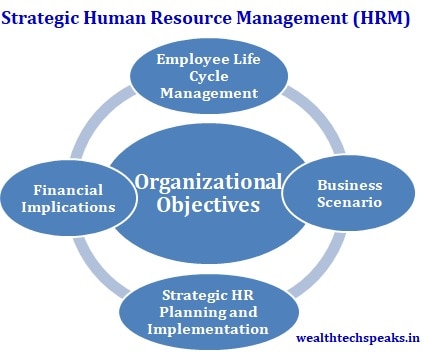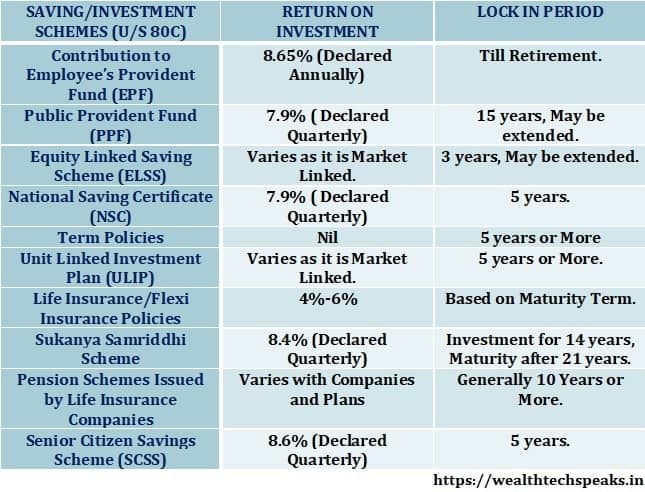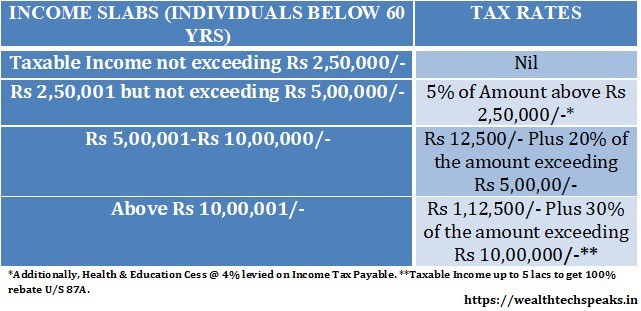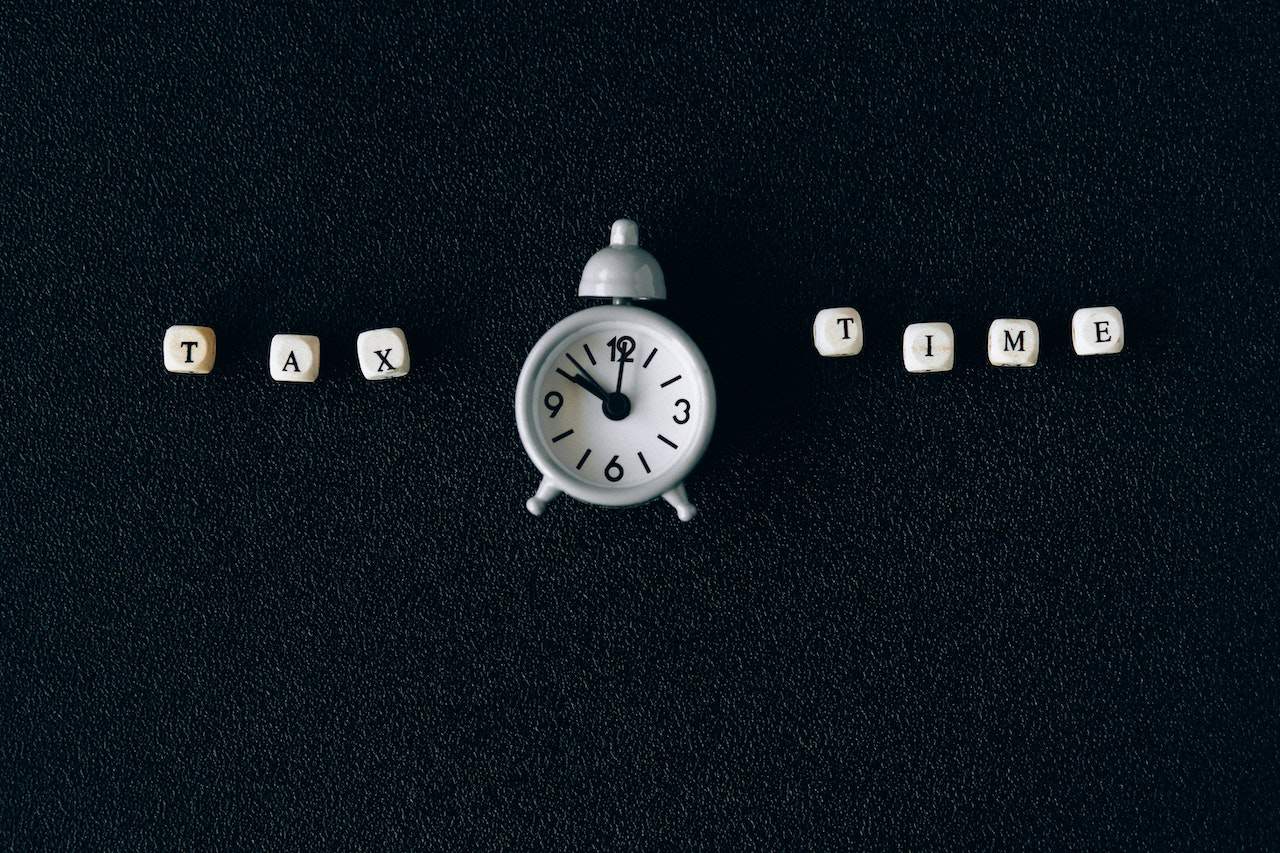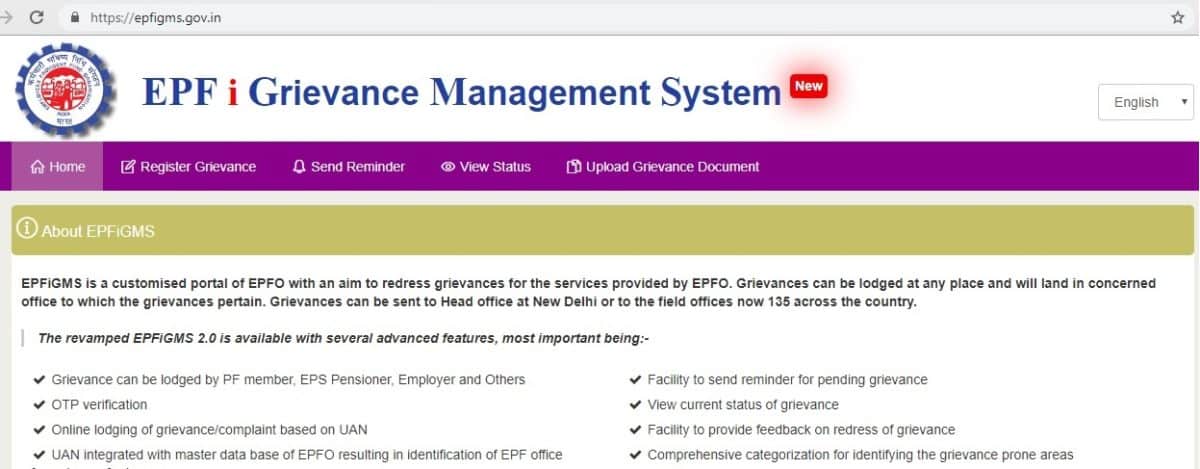Income from House Property: Tax Implications
- Posted By Amritesh
- On September 28th, 2016
- Comments: 2 responses
Any Income earned in form of rent through a property like land, house, apartment, building, etc by the owner is chargeable to tax under “Income from House Property”. Income earned from such properties cannot be included under any other “heads” of Income.
Income from Salaries: Tax Implications
Income from Other Sources: Tax Implications
Income from Salaries: Tax Implications
Income from Other Sources: Tax Implications
Types of Income falling under the heads “Income from House Property”
Income earned in form of rent by the owner is only chargeable to tax under the head “Income from House Property”. It includes any rental income arising out of land/building being let out for residence or shop, commercial purpose of which the tax payer is the legal owner.
Income not considered under the heads “Income from House Property”
Rental Income received by a tenant on sub letting cannot be charged to tax under the head, “Income from House Property” as he/she is not the registered owner of the property. For such cases, rent earned from sub letting is charged under “Income from Other Sources”.
Applicability on Deemed Owner
In certain cases, a person may not be registered as the owner of the property but will be considered as the owner of the property. Thereby the rental income will be charged to tax in his/her hands.
The following cases fall under the deemed owner concept:
1.) Any Individual transferring his/her property to the spouse (expect in case of separation) without any consideration, the transferor will be considered as the deemed owner.
2.) Any transfer made to one’s own offspring (expect for married daughter) without any consideration, the transferor is considered the deemed owner of the property.
3.) Stakeholder in impartible estate is the deemed owner of the property.
4.) Any member of co-operative society, company or other association of persons to whom a building or portion of it is allotted or leased under house building scheme of the society, company or association, as the case may be, is the deemed owner of the property.
5.) Any Individual acquiring property which satisfies the conditions laid out in the Section 53A of Transfer of Property Act, will be treated as deemed owner. The condition laid out is:
Written Agreement of the Transfer
Purchase Consideration
Purchaser acquires in pursuance to the Agreement.
6.) In case of Lease of a property for a period not less than 12 years (whether fixed or with provision to extend), lessee is the deemed owner.
Composite Rent
Owner apart from receiving rent for space, may also charge for providing furnishing and other services. Thus, such type of charges is known as “Composite Rent”.
Tax treatment for Composite Rent:
In case the letting out of space and letting out of other assets is inseparable (interior decoration, immovable equipments), then entire rent will be charged to tax under “ Income from Business or Profession” or “Income from Other Sources”, depending on the case.
In case the letting out of space and letting out of other assets is separable (e.g- Furniture, Moveable items), then the rent of the space will be charged under “Income from House Property” and rent of other assets will be charged to “Income from Business or Profession” or “Income from Other Sources” as the case may be.
Computation of Income from House Property
“Income from House Property” in case of let out is calculated in following manner:
Computation of Gross Annual Value (GAV) of Let Out Property
1.) Compute Reasonable Expected Rent of Property
2.) Compute Actual Rent of Property
3.) Compute Gross Annual Value
Reasonable Expected Rent will be higher than Municipal Value or Fair Rent of the Property. Provided the Property is not covered under Rent Control Act, in such a case Reasonable Expected Rent cannot exceed Standard Rent.
Actual Rent of Property is the rent for which a property was let out. Rent pertaining to vacancy is not deducted, however, unrealized rent is to be deducted from the actual rent if the specified conditions are satisfied.
Gross Annual Value (GAV) will be higher of Reasonable Expected Rent or Actual Rent received.
Deductions from GAV: Municipal Taxes paid and Deductions U/S 24 (a) and (b) are to be deducted.
Deduction under section 24(b) is applicable on interest on capital borrowed for the purpose of purchase, construction, repair, renewal or reconstruction of the property. In case of a let-out property, there is no limit on the quantum of interest which can be claimed as deduction under section 24(b). However, in case of a self occupied property, limit is Rs. 2,00,000 or Rs. 30,000, as the case may be.
Interest is divided in 2 parts, Pre Construction and Post Construction Period.
Pre-construction period is the period commencing from the date of borrowing of loan and ends on earlier of the following:
Date of repayment of loan; or
31st March immediately prior to the date of completion of the construction/acquisition of the property.
Pre Construction period interest is allowed as deduction in five equal annual installments, commencing from the year in which the house property is acquired or constructed. Thus, total deduction available to the taxpayer under section 24(b) on account of interest will be 1/5th of interest pertaining to pre-construction period (if any) + Interest pertaining to post construction period (if any).
Post-construction period interest is the interest pertaining to the relevant year (i.e., the year for which income is being computed).
Computation of Self Occupied Property
A Self Occupied House is kept away from the purview of the “Income from House Property” as it is being occupied by the owner. However, the deduction U/S 24 (b) may be availed on the interest on loan taken for building, buying, repairing of the house.
In case, a person owns more than one house, then benefit of Self Occupied House is granted to only one house. Whereas, the other house/s will be treated as “deemed to be let out” and tax is applicable similar to let out properties. However, the owner has the option to select any property as Self Occupied.
In case of partial portion of house is let out, the portion let out will considered to calculate “Income from House Property”.
Deductions in respect of Interest on Housing Loans
The deduction is restricted to Rs 30,000/- or Rs 2,00,000/- depending on the scenario.
Deduction of Rs 2,00,000/- is available only if following conditions are satisfied;
1.) Capital is borrowed on or after 01/04/1999
2.) Capital is borrowed for Construction or Acquisition
3.) Acquisition or Construction should be completed within 5 years from the financial year, capital was borrowed.
4.) Person extending the loan certifies that such interest is payable in respect of the amount advanced for acquisition or construction of the house or as re-finance of the principal amount outstanding under an earlier loan taken for acquisition or construction of the property.
Deductions in respect of Loans taken against House Property
As per Section 80 EE of Income Tax Act, deduction is available on loans taken for acquiring a house, subject to fulfillment of following conditions;
1.) Loan amount should be sanctioned in the FY 2016-17 by Financial Institution.
2.) Amount of Loan should not exceed Rs 35 lakh.
3.) Value of Residential Property should not exceed Rs 50 lakh.
4.) Individual should not own any residential property at the time of sanction of Loan.
Subscribe
Login
2 Comments
oldest

